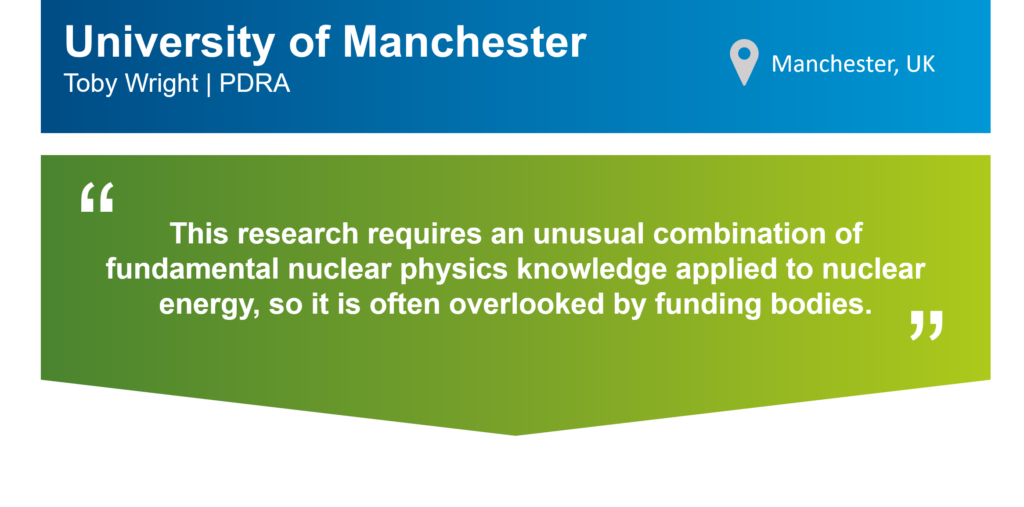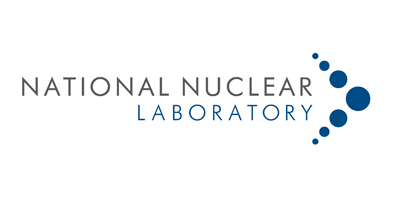Securing time at the neutron time-of-flight facility
INTERNATIONAL PARTNERS | NUCLEAR DATA | UNIVERSITIES AND ACADEMIA | WORLD-CLASS FACILITIESThe University of Manchester’s involvement with the CERN neutron time-of-flight (n_TOF) facility is lending key nuclear data insight to AFCP. Toby Wright, PDRA at the University of Manchester, explains how increased involvement with the facility is expanding UK physics expertise.

Challenge
Publicising the potential of unique physics facilities
Nuclear data underpins the operation of many advanced nuclear technologies. The University of Manchester (UoM), and in particular its involvement with the CERN neutron time-of-flight (n_TOF) facility, will be key to ensuring that required improved nuclear data can be provided in a timely and efficient manner.
However, a roadblock to the University’s continued participation at n_TOF has been securing funding for experiments. This research requires an unusual combination of fundamental nuclear physics knowledge applied to nuclear energy, so it is often overlooked by funding bodies.
Solution
Facilitating new gateways to access and expertise
AFCP is helping the University of Manchester continue and increase its involvement with the n_TOF facility and collaboration. We now have our biggest ever group working on n_TOF related work at the University of Manchester. Thus, our levels and breadths of expertise are continually growing.
Impact
Unlocking new nuclear data capability through collaboration
Through our continued membership of the n_TOF, we are able to perform the nuclear data measurements critical for supporting the UK’s advanced nuclear programme at a world-leading international facility with all the benefits of a community of international experts.
For example, whilst UoM has expertise in certain types of nuclear data measurement, it does not always line up with UK’s needs. Measuring carbon-13 was identified as particularly important for the UK nuclear industry. Through contacts at the n_TOF, we were able to develop an optimal experiment to provide the data, some of which was even included in the recent European JEFF nuclear data library.
AFCP is part of the Department for Business, Energy and Industrial Strategy (BEIS) £505m Energy Innovation Programme.
